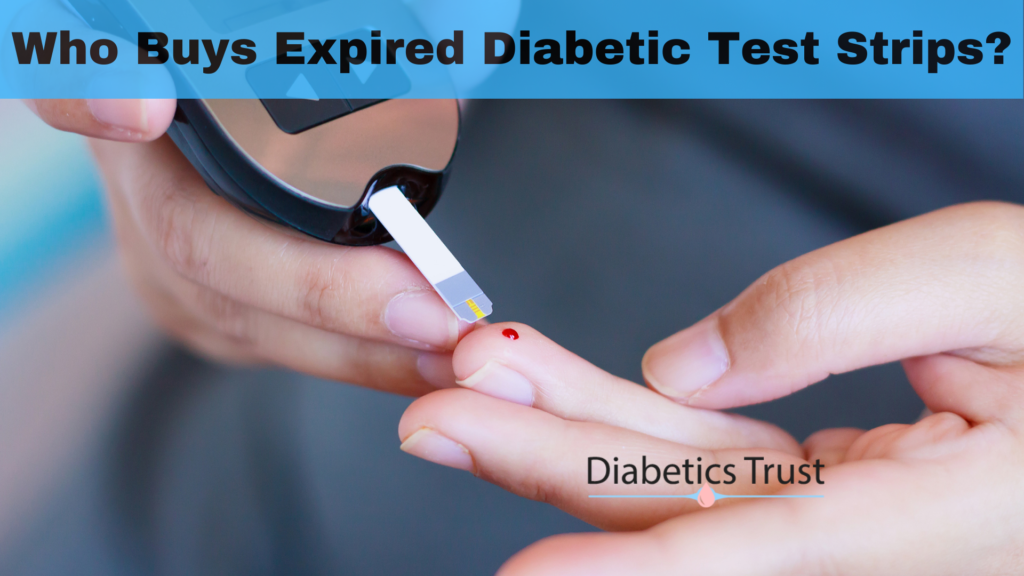Diabetes type 1 is a medical condition in which the immune system destroys the cells that produce insulin. Insulin is a hormone that is produced by the pancreas. The main function of insulin is to regulate the blood sugar level for energy purposes. Hence, a type 1 diabetic patient makes no insulin or very less insulin
Is there any chance of diabetes type 1 treatment without insulin?
To answer your query we have explored diabetes type 1 treatment in depth, read the article till the end to learn the treatment of type 1 diabetes without insulin or to know if is it possible to manage type 1 diabetes without insulin.
Can you Manage Type 1 Diabetes Without Insulin?
People with type 1 diabetes are advised to take extra care of themselves. The main task for diabetic patients is to maintain their blood sugar level at every cost. The normal range of blood sugar level is 80/130 mg/dl before a meal, and after the intake of the meal, it should be near 180, not more than that.
But the question is can you manage type 1 diabetes without insulin?
There is no such way for type 1 diabetic patients to ditch insulin, but they can manage to reduce the intake of insulin by following these few things;
- Making a strict diet out of carbohydrates, proteins, and fats.
- Maintaining a healthy weight
- A good intake of meals on proper timing
- Intake of High fiber food and low-calorie diet
- A change of lifestyle
- Regular exercising
- Monitoring their sugar level regularly
- Proper intake of medication
Note: Consult andwork with a health care professional to manage your type 1 diabetes with proper guidelines to avoid any complexity.
Treatment of Type 1 Diabetes Without Insulin
Type 1 diabetic patient makes insulin very little or not at all, which causes the blood glucose level to become high, and, as a result, the person may feel extremely thirsty, hungry, tired, and have hazy vision.

So you got your answer already. If your body is not making enough insulin, you have to inject it externally to let the body function properly. Insulin plays a crucial role in your body; if you are not making enough insulin, your glucose level becomes high. Additionally, the lack of insulin means your cells are not getting glucose, to make you understand the process in simple terms, you are having a meal, but the energy from that meal is not being distributed to the parts where it is most needed.
Henceforth, treatment of type 1 diabetes without insulin is not possible yet. The only possible treatment is insulin therapy through an injection or an insulin pump.
Final verdict:
Here is a quick summary of diabetes type 1 treatment without insulin. The question was can you manage type 1 diabetes without insulin? The simple answer is not yet, you can not ditch insulin if you are suffering from type 1 diabetes. Diabetes type 1 is a chronic disease requiring proper care and treatment to prevent complications.
Type 1 diabetes destroys the pancreatic cells, which produce insulin. Insulin is a hormone that regulates the blood sugar level in the body, it moves glucose around the body to distribute energy. Our body uses glucose as a fuel; the lack of insulin grounds higher blood sugar levels giving you blurry vision, tiredness, thirst, hunger, kidney issues, nerve damage, and much more complexities.
You can sell your extra insulin to Diabetics Trust. We hope after reading this article you got all your answers and you would be able to find the right balance and could manage your diabetes.
Frequently Asked Questions
Can Type 1 Diabetes be Treated Without Insulin?
Not yet; insulin is the only treatment for type 1 diabetes.
Type 1 diabetes destroys insulin production, and without insulin, glucose can not enter the body’s cells which can cause the blood sugar level to be extremely high. Hence for survival, insulin is a must for diabetic type 1 patients.
Are There Other Types of Insulin Available For Type 1 Diabetes Treatment?
Yes, many types of insulin are available for type 1 diabetes treatment. Some of them are enlisted below;
- Rapid-acting insulin takes 15 minutes to work
- Short-acting insulin takes 30 minutes to work
- intermediate-acting insulin takes 2-4 hours to work
- long-lasting acting insulin takes 1-2 hours to work
- ultra long-acting insulin takes almost 6 hours to work
The intake of these insulin depends upon the preferences of a patient and on their treatment goals. The only difference between these insulin; is how rapidly they start working and how long the effect will last.





